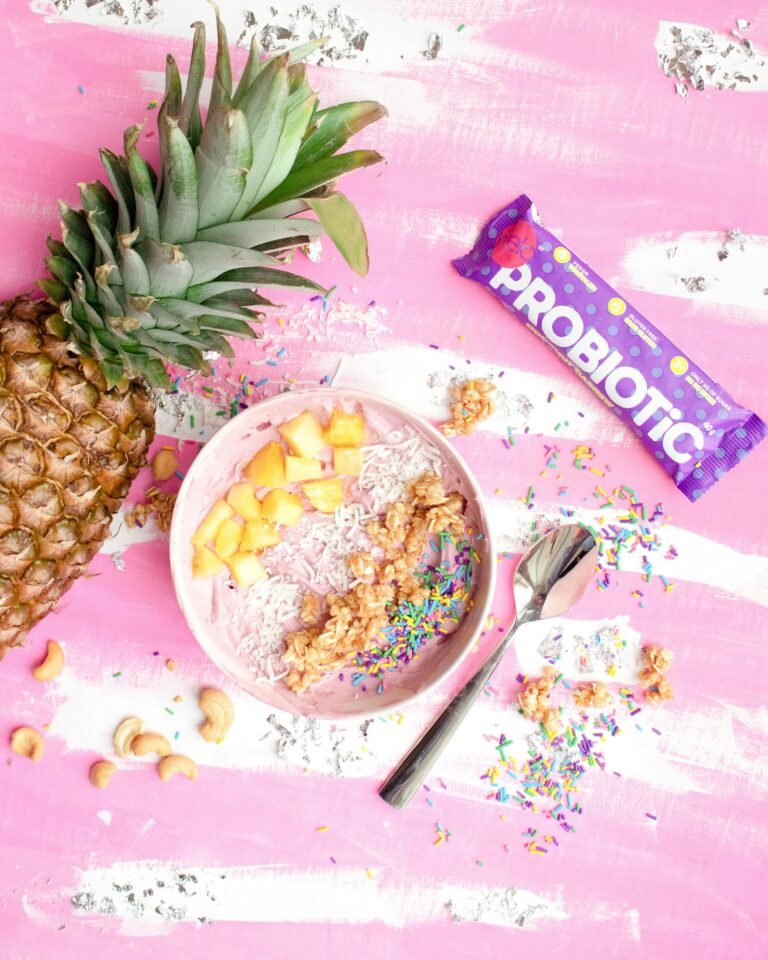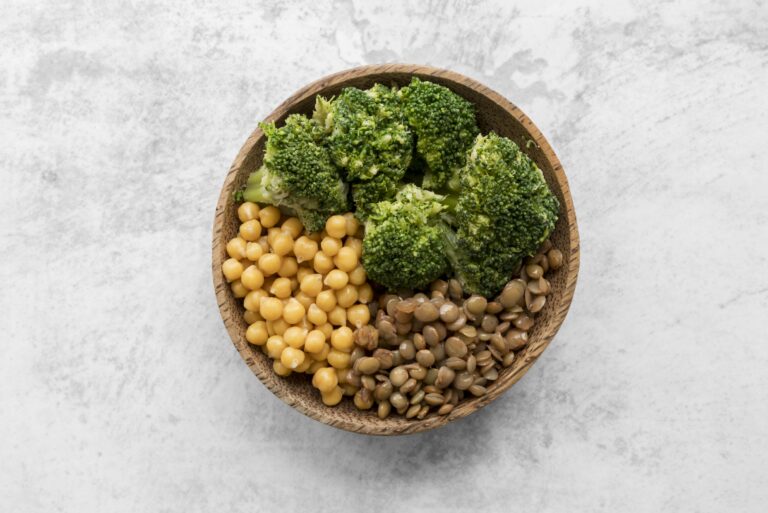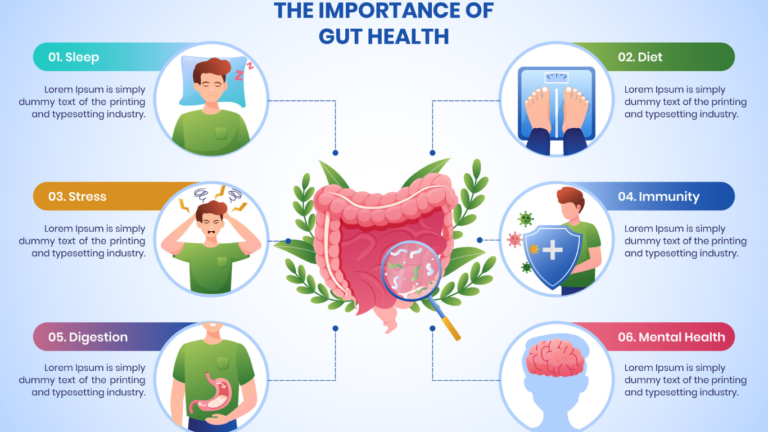What is GBS virus?
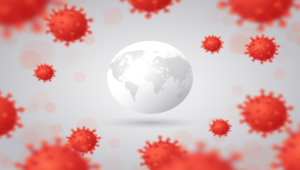
Many people mistakenly refer to Guillain-Barré Syndrome (GBS) as a virus, but it is actually a rare neurological disorder in which the body’s immune system attacks the peripheral nerves. These nerves play a crucial role in transmitting signals between the brain and the rest of the body.
Understanding the causes, symptoms, and the best diet for GBS can help manage this condition effectively.
GBS can come on suddenly and get worse over hours, days, or weeks. Some people experience only mild muscle weakness, while others may become completely paralyzed and unable to move or even breathe without help. In severe cases, GBS can affect important body functions like breathing, blood pressure, and heart rate, making it life-threatening.
The good news is that most people recover, even from severe cases, though some may still feel weak or have lingering effects after getting better.
Common causes of gbs
Guillain-Barré Syndrome (GBS) is a rare condition, and its exact cause is not fully understood. However, it usually develops after an infection, which triggers the immune system to mistakenly attack the nerves instead of fighting off the illness.
Common Triggers of GBS:
Infections – Most cases of GBS occur after a viral or bacterial infection. Some common infections linked to GBS include:
Campylobacter jejuni – A bacteria that causes food poisoning and stomach infections.
Flu (Influenza) – The common flu virus can sometimes lead to GBS.
Cytomegalovirus (CMV) – A virus from the herpes family that can cause mild flu-like symptoms.
Epstein-Barr Virus (EBV) – The virus responsible for mononucleosis (also called “mono” or “kissing disease”).
Zika Virus – A virus spread by mosquitoes, which can sometimes lead to GBS.

Vaccinations – In very rare cases, some vaccines may slightly increase the risk of developing GBS. However, the chances of getting GBS from a vaccine are much lower than getting it from an actual infection, such as the flu.
Surgery – Some people develop GBS after undergoing surgery, though this is not common.
Since GBS is an autoimmune reaction, it is not contagious and does not spread from person to person. While it is rare, it can be serious, so early detection and treatment are important for recovery.
Syptoms of gbs virus
Guillain-Barré Syndrome (GBS) affects the nerves, leading to weakness, unusual sensations, and problems with movement. The symptoms can come on suddenly and worsen over time. Here’s a simple breakdown of what happens in GBS:
1. Muscle Weakness
The first sign is usually weakness in the feet, which gradually moves up to the legs, arms, and face.
Some people struggle to climb stairs, walk, or even move their arms properly.
In severe cases, the muscles used for breathing may also be affected, making it difficult to breathe.
Most people feel their weakest within two to three weeks of the first symptoms.

2. Unusual Sensations
Many people with GBS experience tingling in their feet and hands before weakness starts.
It may feel like pins and needles, crawling insects, or sudden electric shocks.
Some may feel deep pain in their back or legs, which is often worse at night.
In children, pain or discomfort can make them stop walking.
3. Other Possible Symptoms
Difficulty moving the eyes, leading to blurry or double vision.
Trouble swallowing, speaking, or chewing food.
Loss of balance, making it hard to stand or walk.
Rapid or irregular heartbeat.
Changes in blood pressure, leading to dizziness or fainting.
Problems with digestion and bladder control.
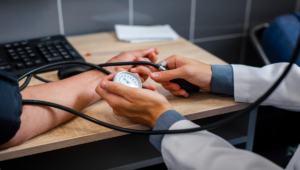
GBS symptoms usually get worse for a few weeks and then slowly improve with treatment and recovery. While the condition can be serious, most people eventually recover with proper medical care.
Best Diet for gbs:
| Food Category | Examples | Benefits |
| Vegetables | Broccoli, cabbage, kale, Brussels sprouts | Protects nerves and supports recovery |
| Bone Broth | Homemade or store-bought bone broth | Reduces nerve pain and inflammation, improves swallowing |
| Green Tea | Freshly brewed green tea | Contains antioxidants that help prevent nerve damage |
| Fermented Foods | Kimchi, yogurt, sauerkraut | Supports digestion and boosts immunity |
A diet rich in these foods can help manage symptoms and promote faster recovery from Guillain-Barré Syndrome.
Conclusion
Eating the right foods is important for managing autoimmune conditions like Guillain-Barré Syndrome. Including bone broth, fermented foods, and leafy vegetables in your diet can strengthen your immune system and support your recovery.
References:
- https://www.ninds.nih.gov/health-information/disorders/guillain-barre-syndrome#:~:text=Guillain%2DBarr%C3%A9%20syndrome%20(GBS),the%20rest%20of%20the%20body.
- https://www.who.int/news-room/fact-sheets/detail/guillain-barr%C3%A9-syndrome#:~:text=Causes,Occasionally%2C%20surgery%20can%20trigger%20GBS.
- https://ameripharmaspecialty.com/guillain-barre-syndrome/best-diet-for-guillain-barre-syndrome/

